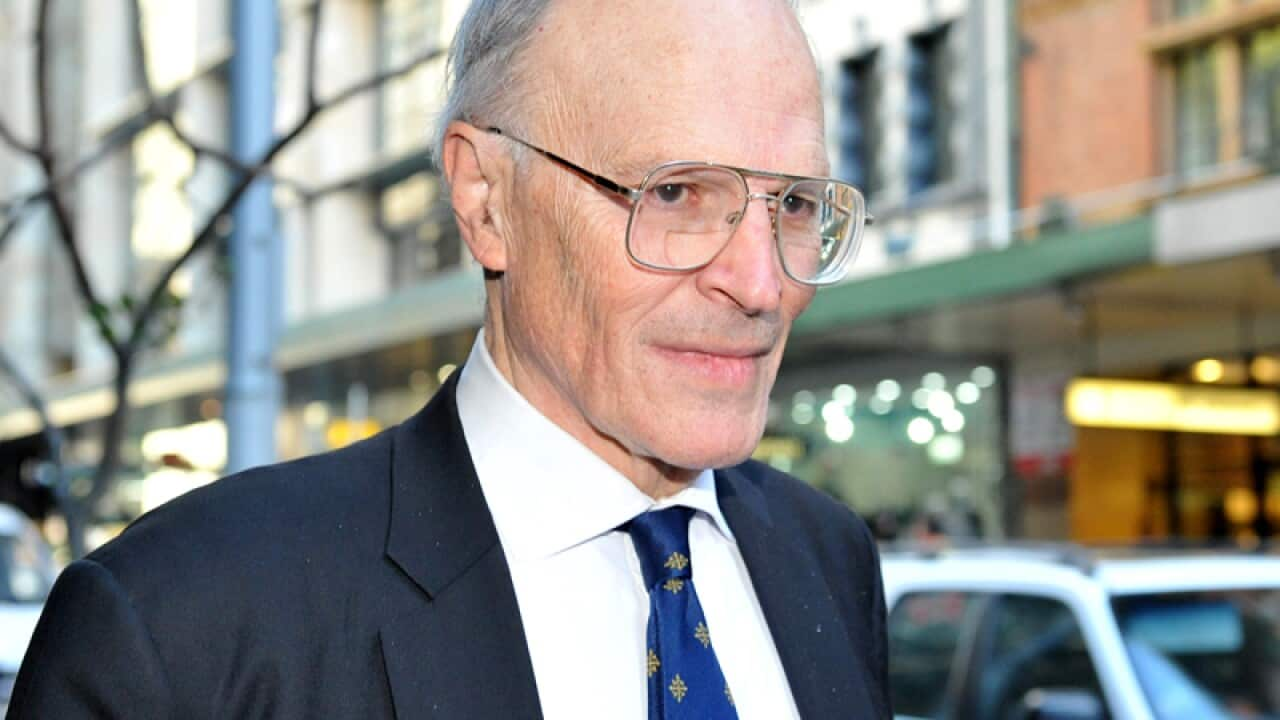Following the revelation that former High Court judge Dyson Heydon – the royal commissioner investigating corruption in trade unions – agreed to speak at a Liberal Party function, unions are considering legal action to force Heydon’s removal on the ground of “apprehended bias”.
What, exactly, is “apprehended bias”? Do the unions have a good case?
What is apprehended bias?
There is a legal axiom that:
… justice should not only be done, but should manifestly and undoubtedly be seen to be done.
This means that judges and other officials – such as tribunal members and royal commissioners – must not only be impartial, but must also appear to be impartial. The rule helps preserve public confidence in the integrity of the justice system.
It is not alleged that Heydon is actually biased. Rather, it is alleged that his connections to the Liberal Party have created the appearance that he is biased.
Since the Abbott government established the royal commission in 2014, it has been surrounded by allegations that it is a politically motivated stunt directed at the unions and the ALP.
The unions might argue that Heydon’s conduct has created an appearance that he is politically close to the Liberal Party and therefore might make findings adverse to the unions in order to strike a political blow for the Liberal Party.
What’s the legal standard for apprehended bias?
The legal test for apprehended bias in this case is whether a “fair-minded lay observer” might reasonably apprehend that Heydon might not bring an impartial mind to his task as royal commissioner.
The “fair-minded lay observer” is not a real person. He or she is a fictional person invented by the courts to help work out whether apprehended bias exists in any given situation.
This fictional person is a layman, rather than a lawyer, so they need not understand legal technicalities. But the fair-minded lay observer’s opinion is not necessarily the same as mainstream public opinion. He or she is assumed to have a detailed knowledge of the situation – usually more detailed than appears from media reports – and is slow to jump to conclusions.
Apprehended bias can arise in many situations. There might be apprehended bias where, for example:
- a judge is openly hostile to one of the parties to a court case;
- a government official holds shares in a mining company to which the official grants a mining licence; or
- a decision-maker’s public statements suggest they have already made up their mind before considering a case in full.
This is not the first time a commissioner has faced allegations of apprehended bias. A Queensland Commission of Inquiry into the actions of Jayant Patel at Bundaberg Hospital was derailed in 2005 after a court found that the conduct of the commissioner, Tony Morris, QC, created an appearance of bias.
Morris had displayed great sympathy for witnesses giving evidence against Patel and hostility towards hospital administrators. This created the impression he had prejudged the outcome of the inquiry.
Would a claim of apprehended bias against Heydon succeed?
Whether Heydon’s conduct amounts to apprehended bias will depend on a close examination of case’s circumstances.
The unions might seek to draw an analogy with a well-known English case involving Chilean dictator Augusto Pinochet. Pinochet’s extradition was overturned because one of the judges who had ordered extradition was linked to Amnesty International – a body that had campaigned for Pinochet’s extradition and was involved in the case.
On the face of things, that Heydon was prepared to accept an engagement to speak at a Liberal Party function certainly looks bad. But the fair-minded lay observer would look closer. He or she would keep in mind, for example, that it is common for retired High Court judges (such as Heydon) to accept public speaking engagements for various organisations.
Significant, too, would be Heydon claiming he was unaware that the event was a Liberal Party fundraiser, and his withdrawal from the engagement. The detail of these circumstances is gradually being revealed.
The unions might try to build up a bigger picture of Heydon’s links to the Liberal Party. The Howard government appointed Heydon to the High Court, but if that created an appearance of bias, judges would regularly be disqualified from cases involving governments.
Then there’s Heydon’s membership of the selection committee that awarded Prime Minister Tony Abbott a Rhodes Scholarship. But, such a fleeting association more than 30 years ago hardly amounts to a close relationship. More promising material for the unions might be Heydon’s controversial intervention in the evidence of Opposition Leader Bill Shorten before the royal commission in July.
The outcome of any case will depend on the detail of the case mounted by both sides. On the available facts it is possible that Heydon’s position would not breach the legal rule against apprehended bias.
Whether Heydon’s actions and those of the government that appointed him were prudent or popular is a separate question.

Anna Olijnyk receives funding from the ARC for topics not directly related to this article. She is a member of the NTEU.

